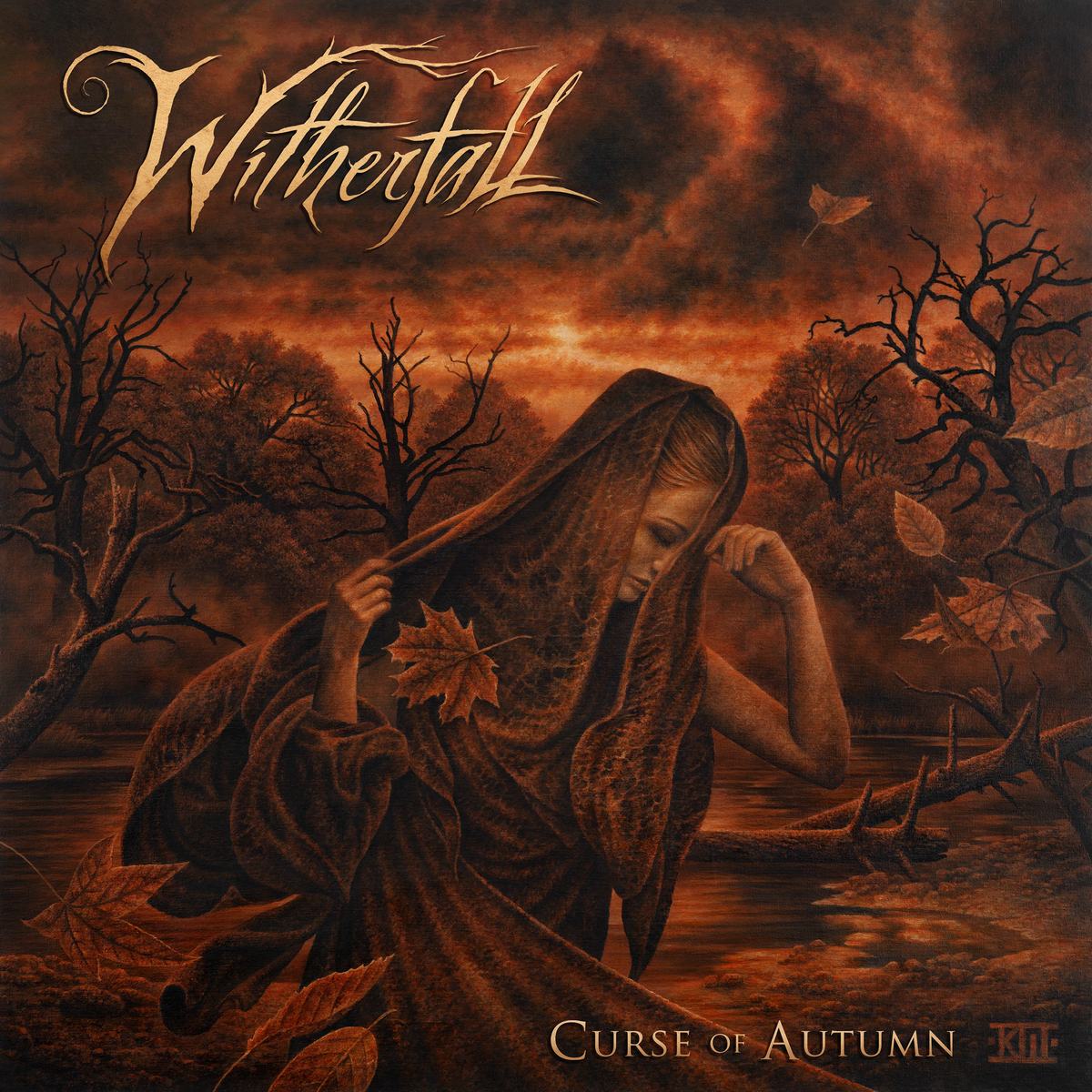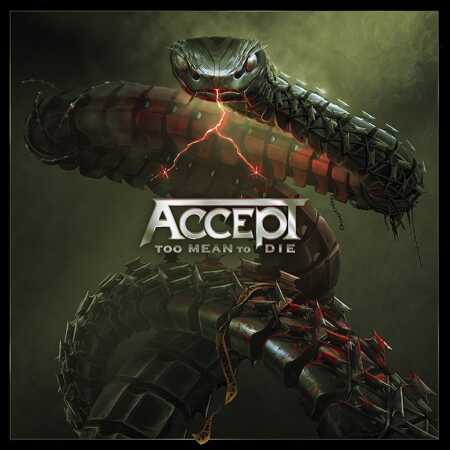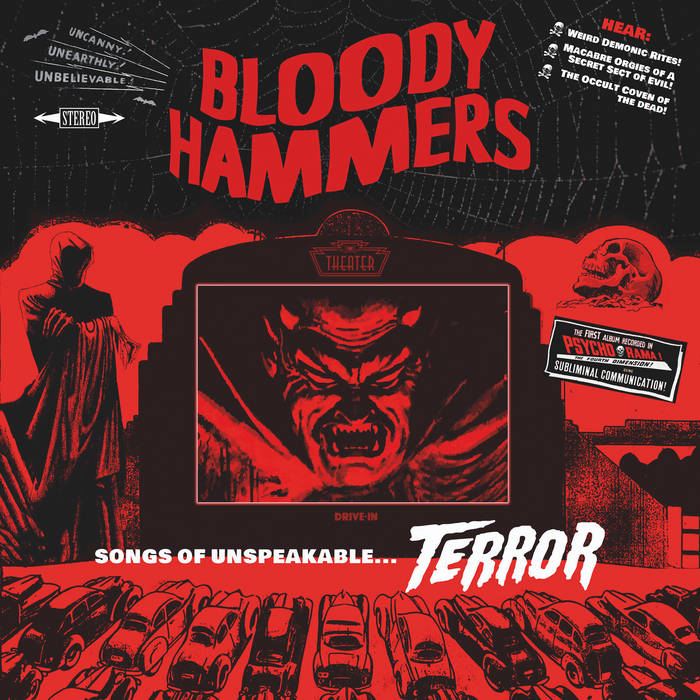…well, this is awkward.
Immediately addressing the elephant in the room, Witherfall’s third album was produced by Iced Earth bandleader-turned-terrorist Jon Schaffer. It’s a move that was certainly convenient at the time considering guitarist Jake Dreyer’s roles in both bands. Let me make it clear that I have no interest in canceling Witherfall for the actions of their benefactor. It’s the sort of detail that would just end up being fun behind-the-scenes trivia in normal circumstances. Unfortunately, it’s inescapable when you consider that Curse Of Autumn is thoroughly lathered in Schaffer’s musical DNA.
This album is undeniably the band’s most accessible effort thus far and it seems to achieve this by taking cues from the Iced Earth playbook. The Nevermore-esque power/prog metal of albums past remains the order of the day, but the guitar work is more based around straightforward chugs while the choruses have a more anthemic flavor than before. I don’t make any assumptions about writing credits, but it gets to the point where one can vividly imagine Matt Barlow or Stu Block singing these songs instead of Joseph Michael.
Fortunately, there are enough facets of the band’s distinct musicianship and personality that still manage to shine through. The adjustments haven’t dumbed down the actual guitar playing as the rhythms have their intricate flourishes, the leads are packed with Yngwie-style shredding, and the acoustics’ atmosphere and flamenco flavor remain a priority. The same could be said for the vocals, which convey a wide range with the framing they’re given. The rhythm section is also pretty tight as Anthony Crawford’s bass playing may be at its most prominent and drummer Marco Minnemann can put in a stellar performance in any setting.
And for what it’s worth, the songwriting is solid and fairly varied. The one-two anthemic punch of “The Last Scar” and “As I Lie Awake” happens to be pretty good at Iced Earth aping despite my personal hang-ups and “The Other Side of Fear” puts in another aggressive hook later on. The primarily acoustic numbers are also decent with “The River” making the most of its melodrama in just three minutes time while the cover of Boston’s “Long Time” makes for an interesting epilogue without the original’s “Foreplay” jam in front of it. There’s also the matter of the band finally returning to full on prog metal with the fifteen-minute “…And They All Blew Away,” though even that has a four-minute radio edit included at the end of the album.
In the face of unfortunate timing and a persistent uncanny feeling, I have to admit that Witherfall has made another solid outing with Curse Of Autumn. It’s hard for me to be ‘objective’ about the album with so much Schaffer influence on display, but the band finds ways to keep their personal stamp on the material and there are some good songs that come from it. I do hope that they’re able to keep exploring this more accessible framework through a different lens next time around. I’m not sure if they’ll ever top 2017’s Nocturnes and Requiems, but they’ve still got plenty of good to work with. At the very least, this sure as hell is better than that last Demons & Wizards record…
Highlights:
“The Last Scar”
“As I Lie Awake”
“The Other Side of Fear”
Final Grade: B





